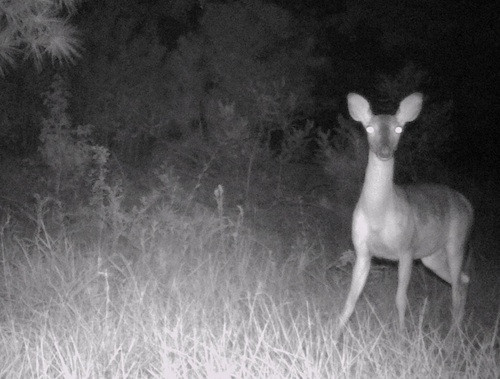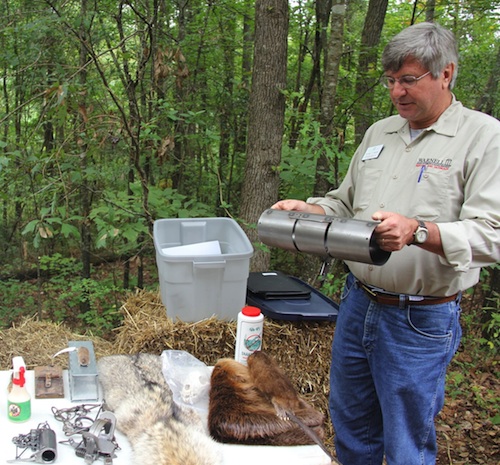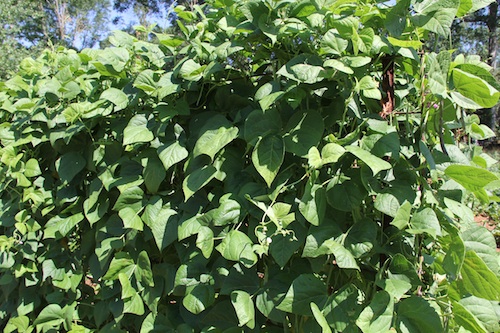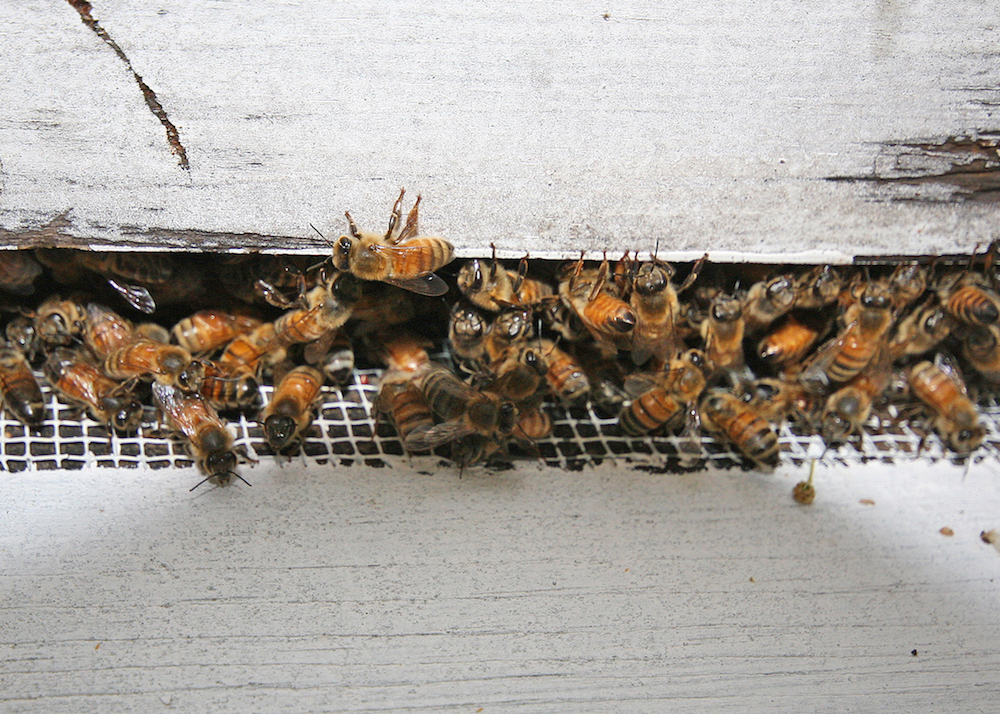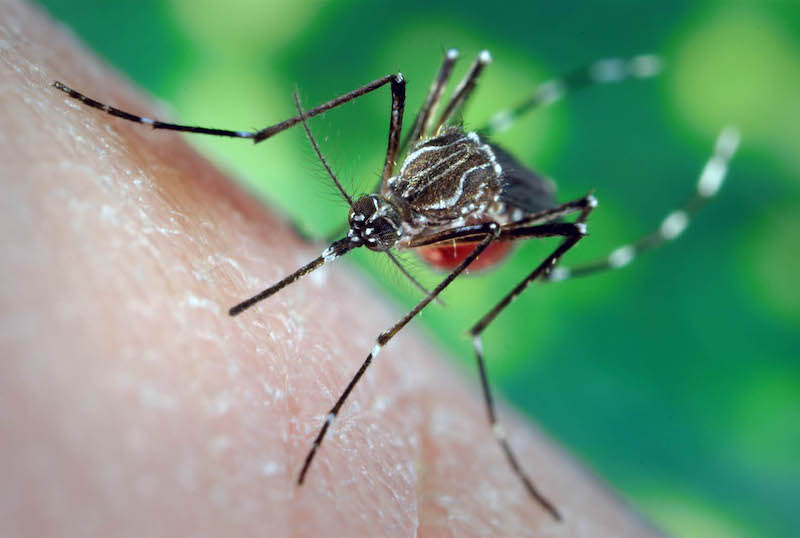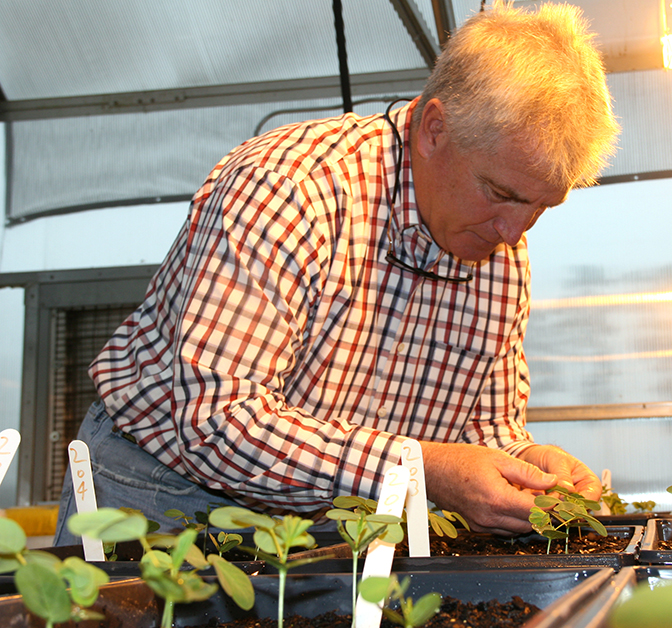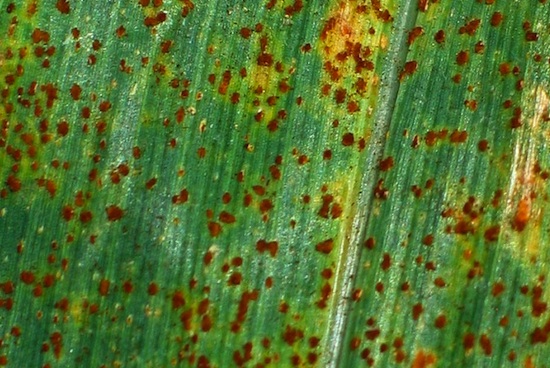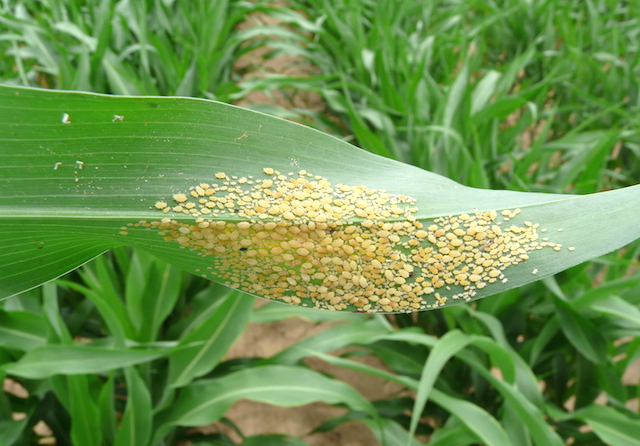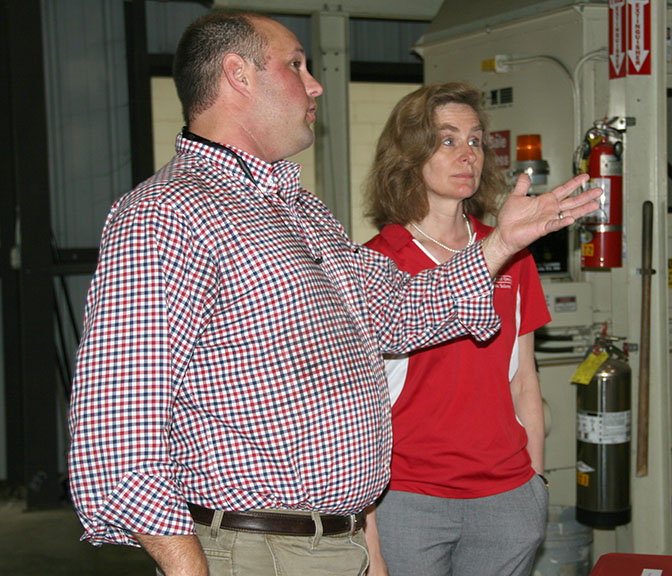 CAES News
CAES News
Provost Tour
University of Georgia Senior Vice President for Academic Affairs and Provost Pamela Whitten helped shine a light on the role that UGA Cooperative Extension plays in the lives of Georgians and the state’s economy during a visit to Tifton, Georgia, this week.

